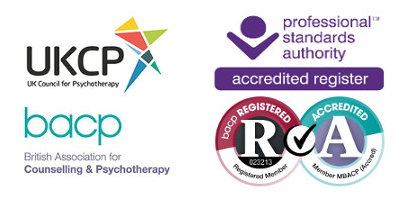Effective communication is crucial for effective problem solving in an intimate relationship. It’s usually how we communicate rather than what that causes a problem, for our messages of concern and hope and love don’t get through if our style doesn’t work with our partner.
If our communication is not moderated by tact and sensitivity our partner’s reactions may block the message we intended to send. And without clear communication we cannot make our needs known or negotiate on them.
It’s generally useful to be direct, and harmful to be ambiguous or give subtle hints. It’s useful to be precise, and harmful to be vague, leaving our partner to puzzle over what we really mean. It’s useful to be specific, giving concrete detail, but harmful to generalise, leaving ample scope for misunderstanding. It’s useful to be honest and speak from the heart, and harmful to say half-truths or to lie outright. It’s useful to respect our partner’s right to their own beliefs and decisions, but harmful to control or bend our partner to our will. It’s useful to honour our partner’s sense of self-worth and it’s harmful to be insulting.
In our own biographical past each of us learned habits and strategies that at some level worked for us – to be tactful or tactless, to aggressively control, to be empathic, or not, to be blaming or distracting or rigid or play helpless. As adults in intimate relationships we need to look at these ingrained styles with honesty and decide what we need to work at discarding or modifying.
For many of us anger is the hardest emotion to communicate to our loved one, but we do need to learn how to handle and to share all our feelings and in ways that are not destructive. Otherwise the feelings will leak out anyway, or be acted out in the form of coldness and distance, or be held in the subterranean volcanic hell of an inner rage, ready one day to burst out to destructive effect.
We cannot expect our partner to read our mind and simply know what we want. They’ll get it wrong anyway and probably grow tired of the guessing game in due course.
On the other hand, if we continually mis-hear our partner or don’t properly listen, because we’ve already made up our mind what they want, they’ll grow tired of trying to be heard!
In the end the only useful ways to communicate are those which lead to a successful resolution – this means communication based on mutual acceptance, respect, goodwill, openness and trust.




